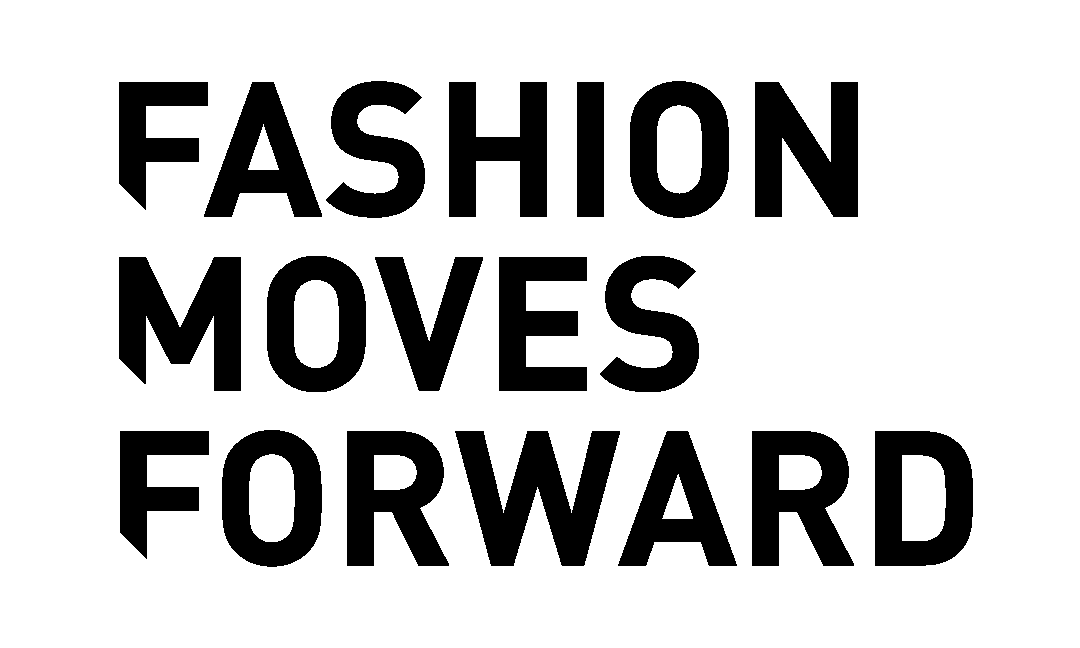From Rihanna to Rita Ora: the Power of the Celebrity Collab
A few nights back, in Paris, Rihanna presented her second collection in collaboration with Puma: the reviews so far have been positive, with many outlets praising the singer-actor-designer for the wearability of her collection and the execution of the concept – “what if Marie Antoinette was going to the gym” – and Puma, for allowing the superstar to infuse it with her own inimitable sense of style. What few have acknowledged though (with the exception of Vanessa Friedman) is just what this collection represents. It wasn’t the continued fusion of high and ‘low’ fashion, nor the ongoing dissolution of the various creative fields into one gigantic soup – no, what this collection really represented was the power of collaboration.
Although the idea of collaborating is far from revolutionary, it has only started to infiltrate the mass market in the last few years. The progenitor of the current trend could arguably be identified as fast-fashion behemoth H&M, who first tapped the power of a reputable name in 2004 when they launched the first of their annual designer collaborations with none other than the granddaddy of French fashion, Karl Lagerfeld. Since then, H&M’s collaborations have only grown, both in notoriety and in pulling power: in the 12 years since that inaugural collaboration, H&M has gone on to pair with labels like Marni, Versace, Balmain and even Margiela, a combination that, coincidentally or not, came after the eponymous designer’s departure from the house.
But those are all collaborations with houses, entities with massive names, identifiable logos and established histories and aesthetics; it doesn’t take a modern day Nostrodamus to hazard a guess at what H&M x Versace would look like, for instance. What was not so well established, at least until now, was the power of the celebrity collaboration and the name of an individual versus the name of a label. Anyone (well, anyone with an interest) can guess what a collaboration with Balmain or Versace or Alexander Wang is going to look like – the purpose of these collaborations after all is to distill the chosen designer’s aesthetic into something that can be made available for the masses and not just the fashion crowd – but what about someone who isn’t so embedded in the fashion world? What would a collection designed by Rihanna, or Rita Ora, or literally anyone famous look like? Welcome to the way of things in 2016.
While H&M may have kickstarted the collab trend, it was Kanye West who propelled it to the position it’s in today with the first ever release of the Nike Air Yeezy. When the first Yeezy dropped in 2009 the reaction was, as we all know, insane – the Yeezy 1 sold out almost immediately and went on to fetch resale prices that, at the time, were almost unheard of. In the same year West went on to design three shoes with Louis Vuitton, the Jasper, the Hudson and the Don, before another iteration of the Yeezys was released in 2012 to even more hype and even higher resale prices – the power of the collab was confirmed. Since then it seems like there is a new celebrity collaboration every week, whether it’s Rihanna for Puma, Gigi Hadid for Tommy Hilfiger or Rita Ora for Adidas Originals. The surge in celebrity collabs also reveals a change in how the industry has begun to approach these ventures, as well as others: why spend months or even years designing, testing and marketing a new product when you could just bring in a celebrity to dig through the archives and put their own personal touch on things, and be guaranteed to sell out? I know which option I would take.
And while this may seem lazy on behalf of the brands, you can’t really begrudge them for taking the opportunity, especially when we keep seeing collaborations sell out time and time again, from Rihanna’s creepers and fur covered slides to Kanye’s coveted sneakers. Couple that with the massive and diverse appeal of the stars (which brings in a wider customer base than normal), the fact that any collaboration immediately becomes more desirable, and the ability for the chosen collaborator to effectively market it themselves through social media – seriously, why spend hundreds of thousands on a billboard when one Instagram post can reach millions of potential customers – and it kind of becomes a no-brainer.
So, if celebrity collaborations make so much damn sense, what does the future hold? Well, nobody can truly say for sure, let alone a 20 year old from the bottom of the world, but I think it safe to say that the number of collaborations in a given year is going to increase, as well as the range of the collaborations – footwear, accessories, hell, even homewares, all represent expanded opportunities for design and profit. Adidas have taken the initiative recently by announcing the expansion of their collaboration with Kanye to incorporate retail stores and a line of performance clothing, including versions of the 350’s adapted for football and soccer – whether other brands, including current collaboration competitor Puma, follow suit remains to be seen, but if the current success of celebrity backed ventures is anything to go by, I wouldn’t be surprised.

